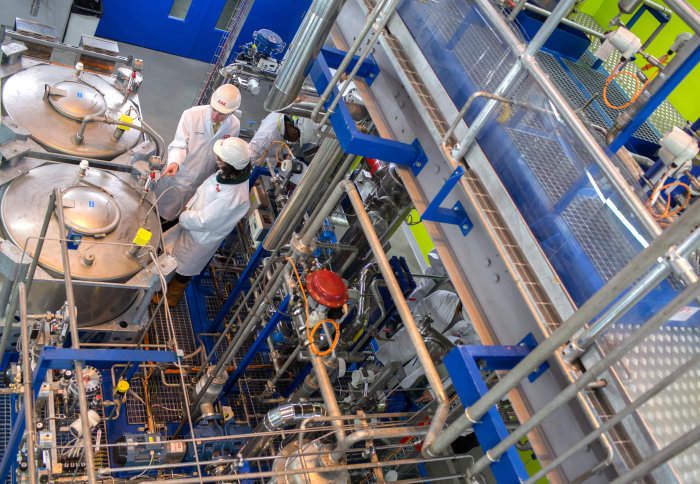
Researchers from Imperial College London have warned that waiting for a ‘unicorn technology’ which provides low-cost green energy could end up being more expensive in the long run than investing in existing low-carbon energy technologies now.
The findings counter arguments made against adopting or investing in current low-carbon technologies, which are currently more expensive to produce than traditional fossil fuel sources.
However, as the team argues, delaying the deployment of currently available low-carbon energy technologies is “impending energy system decarbonisation” and they say will end up costing businesses more.
In their study published in Nature Energy, they report that using current technologies could save 61% of future costs, even if the existing methods chosen are imperfect. One such method is carbon capture and storage (CCS) for removal of carbon dioxide from fossil fuel power plant emissions.
“We find that such myopic planning and investment delays lead to poor power systems planning,” said lead author Clara Heuberger.
“In particular, such scenarios result in either grossly oversized and underutilised power systems or ones which are far from being decarbonised by 2050.”
How well do you really know your competitors?
Access the most comprehensive Company Profiles on the market, powered by GlobalData. Save hours of research. Gain competitive edge.

Thank you!
Your download email will arrive shortly
Not ready to buy yet? Download a free sample
We are confident about the unique quality of our Company Profiles. However, we want you to make the most beneficial decision for your business, so we offer a free sample that you can download by submitting the below form
By GlobalDataThe team, made up of researchers from the Centre for Environmental Policy and the Department of Chemical Engineering at Imperial, investigated the effects of delaying investment in current methods by modelling a range of future scenarios in two extremes.
The ‘go’ option took the scenario of extensive investment in viable, available renewable technologies, while the ‘wait’ option imagined holding off for cheaper and more advanced low-carbon energy technologies.
The expansion of Britain’s electrical grid was also examined in both scenarios, including government investment in technologies such as carbon sequestration and nuclear power, as well as the development and deployment of a breakthrough technology.
Findings showed that regardless of whether a unicorn technology emerged, delaying investment in low-carbon strategies had a significant impact on both costs and emissions.
Even in the instance of a perfect new technology being developed, the period of waiting time would lead to increased costs as fossil fuel infrastructure, such as gas plants and pipelines, would be built but not used. It would also mark a lost opportunity for using the time to develop existing methods to a high functioning level.





